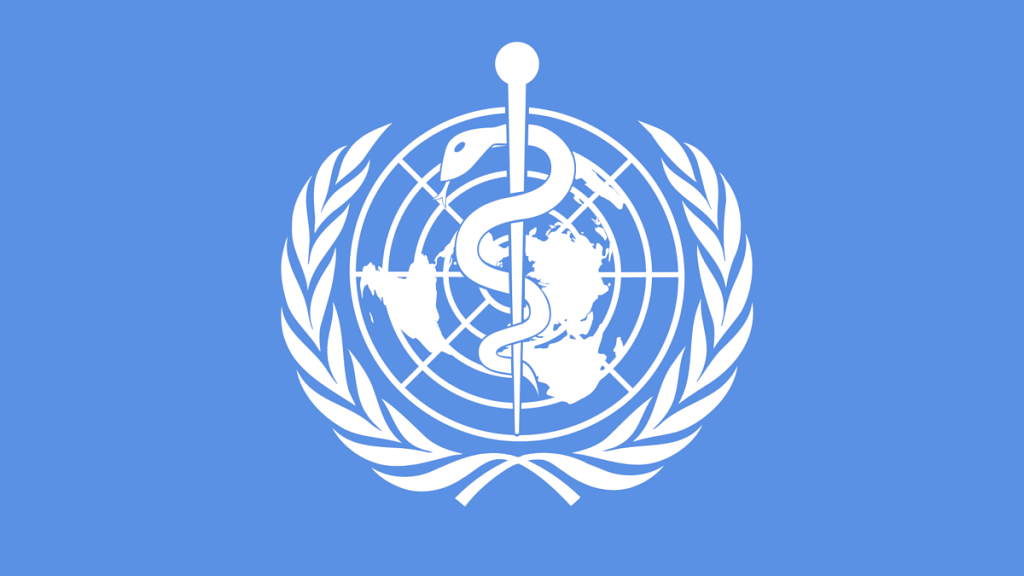New Delhi: A drug that was presented and then rejected as a cure for the ebola virus is now being seen as the best option to treat COVID-19.
Remdesivir, manufactured by US company Gilead Sciences, is currently the subject of at least four trials on coronavirus patients, including two in China.
“The limited preclinical data on remdesivir in MERS and SARS indicate that remdesivir may have potential activity against COVID-19,” Gilead Sciences stated on its website.
MERS or the Middle-East Respiratory Syndrome and SARS or the Severe Acute Respiratory Syndrome are two earlier outbreaks caused by the coronavirus family, to which the novel strain at the heart of the ongoing outbreak belongs.
An outbreak of the Ebola virus in three African countries between 2014 and 2016 killed thousands of people.
Gilead Sciences’ claim about remdesivir’s potential efficacy against coronavirus has been endorsed by the World Health Organization (WHO).
At a press briefing in Beijing, WHO assistant director-general Bruce Aylward said: “There is only one drug right now that we think may have real efficacy, and that’s remdesivir.”
Also read: 10 reasons why you don’t need to panic about coronavirus
Spelling hope
Gilead Sciences specialises in antiviral drugs and remdesivir was born in 2010 as an investigational “broad-spectrum” antiviral medicine.
In scientific terms, the drug is called a “nucleotide analog”.
According to Gilead Sciences, as of now, remdesivir is not approved anywhere globally for any use.
During animal experiments and phase 1 trials, the drug showed effectiveness against ebola.
It showed promise until Phase 3, when a study conducted in the Democratic Republic of the Congo showed it was less effective in preventing deaths from the virus than its competitors.
Since then, remdesivir, classified as an “experimental drug”, has had an uncertain future.
However, experiments performed on mice have shown that the drug improves pulmonary function and reduces lung viral loads and severe lung pathology — spelling hope that it could cure COVID-19.
New life to the dormant drug
On 26 February, Gilead Sciences announced the start of two Phase 3 clinical studies to evaluate the effectiveness of the drug in treating COVID-19.
“These randomised, open-label, multicentre studies will enroll approximately 1,000 patients at medical centres primarily across Asian countries, as well as other countries globally with high numbers of diagnosed cases, beginning in March,” Gilead said in a release. “The studies will assess two dosing durations of remdesivir, administered intravenously.”
The drug is also being tested in other two clinical trials in China’s Hubei province, the results of which are expected in April.
Remdesivir in India
While Gilead Sciences is a top player for anti-HIV and hepatitis drugs in India, remdesivir is not yet available here.
“The drug is being used in the US but it is not available in India,” said Dr Yatin Mehta of the Institute of Critical Care and Anaesthesiology at Medanta, who is treating 14 Italian patients found COVID-19 positive. “We are currently using antiretrovirals along with chloroquine in India.”
“The drug has shown efficacy in coronavirus outbreaks earlier. In India, it needs approval from the drugs controller general of India. However, considering the history of the drug, it can be used in critical cases even today,” said Dr K.K. Aggarwal, former president of the Indian Medical Association, which represents over 3.5 lakh doctors.
“I would suggest that India should start its own clinical trials on this drug.”
Gilead currently holds the patent for the development and production of the drug. However, it can allow production of the drug under a licensing arrangement.
“For instance: The company allowed manufacturing of Hepatitis C drug Solvaldi (sofosbuvir) under the licensing arrangement when it was patented. Once it is approved for COVID-19 treatment, we can manufacture remdesivir for the Indian market under a similar arrangement,” said an official working for a Mumbai-based pharmaceutical company.
Meanwhile, Chinese drugmaker BrightGene has also claimed that it has successfully produced the same drug. In February, it reportedly claimed to have successfully manufactured a copy of remdesivir.
By Monday, more than 3.40 lakh people around the world had contracted the novel coronavirus, with over 14,700 deaths. In India, 415 have contracted the infection, with nine deaths.
With no cure known for COVID-19, researchers around the world have been struggling to come up with a way to tackle the disease.
One of India’s largest drugmakers, Cipla, has reportedly approached the Council of Scientific & Industrial Research-Indian Institute of Chemical Technology (CSIR-IICT) for help manufacturing ingredients for three promising chemical compounds with anti-viral properties — Favipiravir, Remdesivir and Baloxavir — to treat Covid-19.
Also read: At current rate, India can see 30,000 COVID-19 deaths by May, no hospital bed by June: Data
